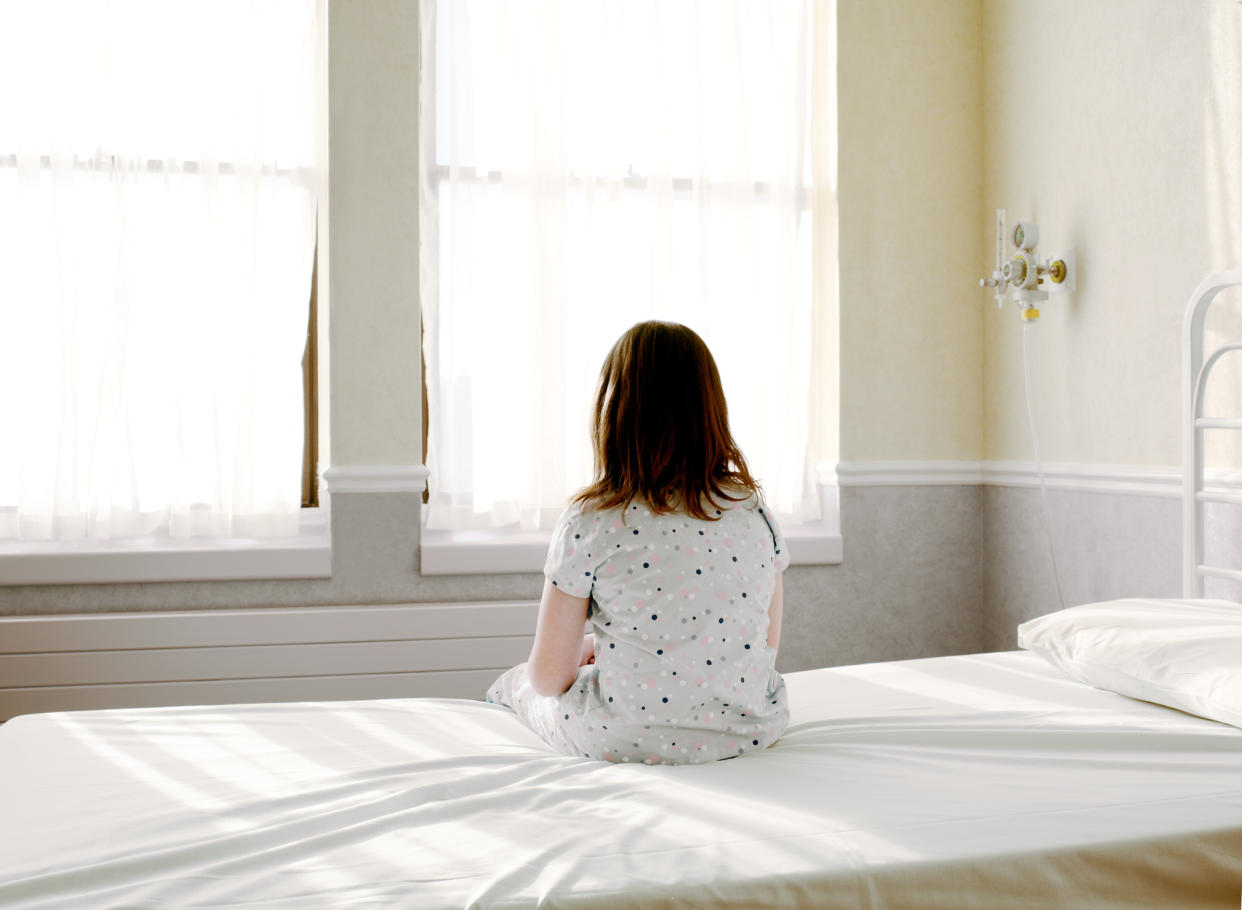More than 70,000 under-18s in the UK are taking anti-depressants, figures reveal

More than 70,000 children under 18 – including nearly 2,000 youngsters of primary school age – were prescribed anti-depressants in England last year.
The figures, obtained through a Freedom of Information request by The Times, also revealed that anti-depressants are used by one in six adults, with a total of 7.3 million people given at least one anti-depressant prescription in England in 2017.
The total number marks an increase of nearly 500,000 since 2015, and the number of anti-depressant prescriptions has more than doubled in the last decade.
Experts have urged caution in prescribing the medication to youngsters, saying the potential long-term effects on developing brains aren’t yet fully known.
And GPs and mental health campaigners have called for wider access to other treatments like “talking therapies”.

Andrea Cipriani, a psychiatrist at Oxford University, told the Times that doctors needed to be careful of prescribing anti-depressants to the developing brain, saying: “We don’t know the long-term consequences”.
A 2016 review by Dr Cipriani found that most available anti-depressants did not help children and teenagers with serious mental health problems and some could be unsafe, though it did conclude that the true effectiveness and safety of anti-depressants taken by children and teenagers remained unclear because of the poor design and selective reporting of trials.
MORE: We’re now in the Meghalayan Age, a new chapter of Earth’s history, experts say
MORE: Being in a bad mood ‘can actually help you to get things done’
Head of the Royal College of GPs, Professor Helen Stokes-Lampard, said it was “important that (the) figures aren’t automatically seen as a bad thing,” but she warned of a “severe lack” of other options available to doctors.
Tom Madders, spokesman for the charity Young Minds, said prescribing antidepressants to youngsters was appropriate in some circumstances but they shouldn’t be used as a “sticking plaster for poor access to talking therapies”.

 Yahoo News
Yahoo News 

